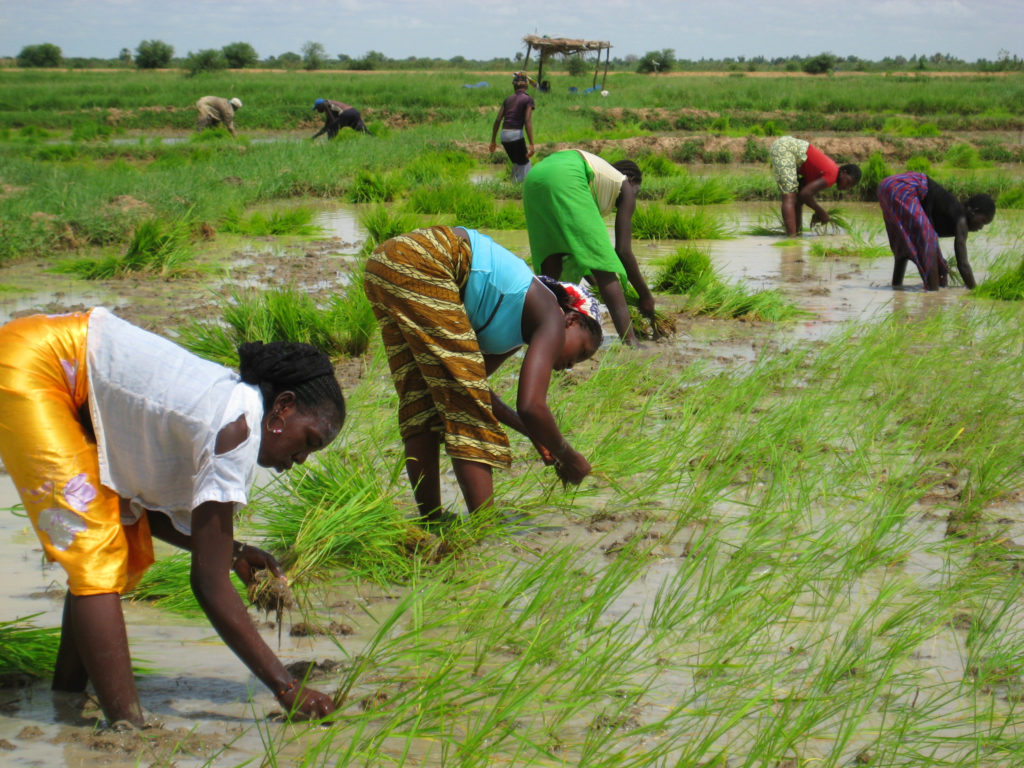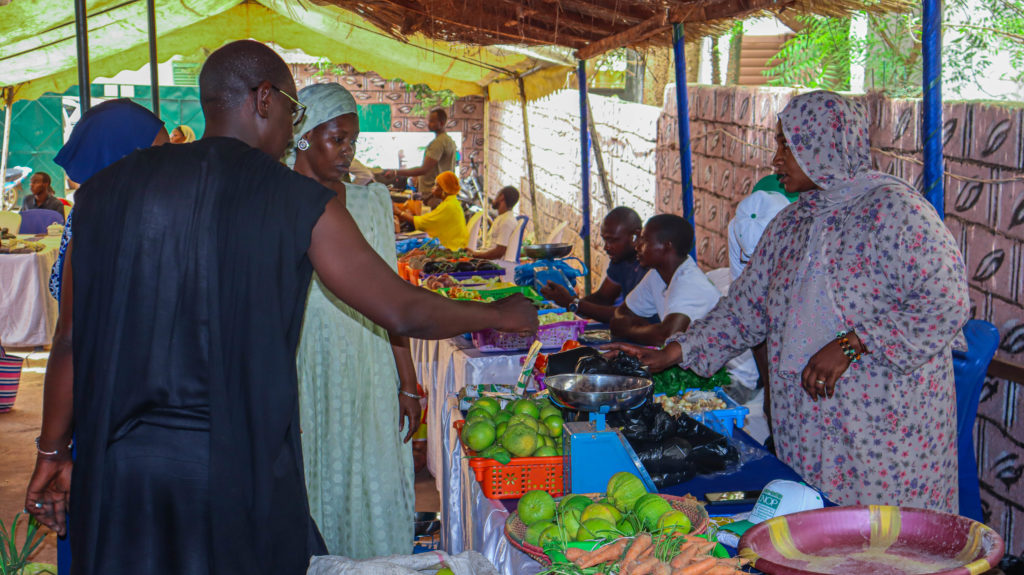Find out how Humundi (formerly SOS Faim) is working in Mali to ensure food security by supporting small-scale farming.
Our work in

The context
Faced with successive political, economic and food crises, as well as conflicts, Mali’s population is one of the most vulnerable and poorest in the world. Food security is a priority in Mali. The results of the February 2020 National Food and Nutritional Security Survey show that 16.3% of households in the country are food insecure.
The agricultural sector employs 68% of the population but contributes only around 35% of the country’s GDP. This reflects the poor performance of farming, which is the main cause of poverty. In recent years, climate change has also increased the difficulties faced by Malian farmers. The impacts of climate change are likely to further threaten the food security of Malian farmers, by shortening the length of the agricultural season in semi-arid and arid African zones by 20-25% by 2050.
Yet Mali’s agricultural potential is huge and could make a major contribution to the fight against hunger. Unfortunately, this potential is not being exploited as it could be, due to a lack of technical and organizational capacity, but above all a lack of resources.
Humundi’s work in Mali
Humundi (formerly SOS Faim) has been supporting family farming in Mali since 1987. We work with Malian NGOs, farmers’ organizations and microfinance institutions to improve the services they offer to small-scale producers. More recently, we have also formed partnerships with a structure that acts as a link between research and the farming world, and indirectly with consumer associations.

We mainly support two agricultural sectors: cereals (particularly rice) and market gardening (potatoes, onions, etc.), mainly in the regions of Koulikoro, Kayes and Ségou.
Agroecology is at the heart of our support for Malian partners.
Key figures in Mali – 2023

8
Partners

1
Rural finance institution

4
Farmers’ organizations

3
Local NGOs

96 212
Beneficiaries

801 K€
Invested
Our countries
of action
We work in nine countries in Europe, Africa and Latin America to promote sustainable food systems. Working closely with local partners, we provide support tailored to each context to generate a positive impact.

